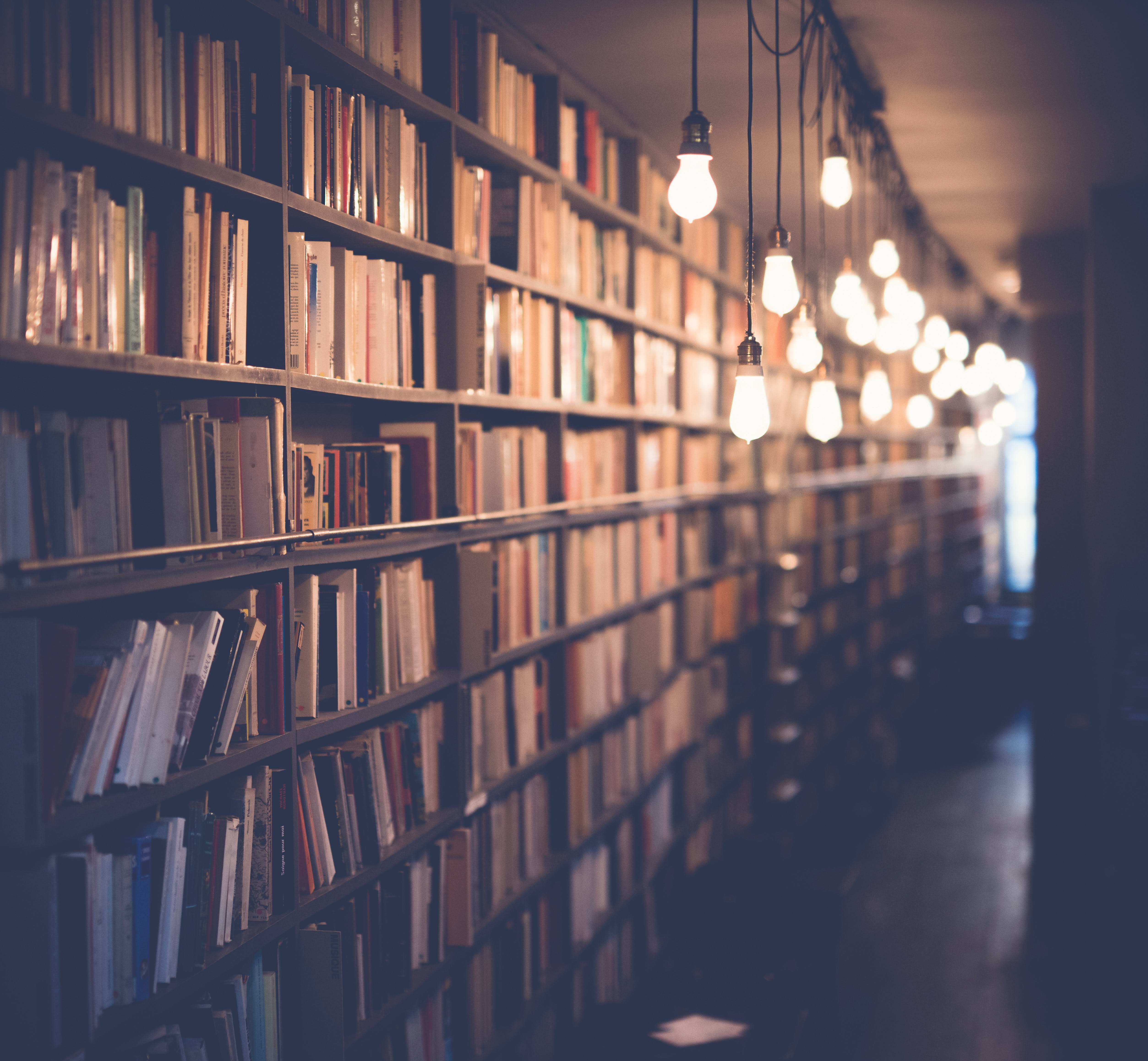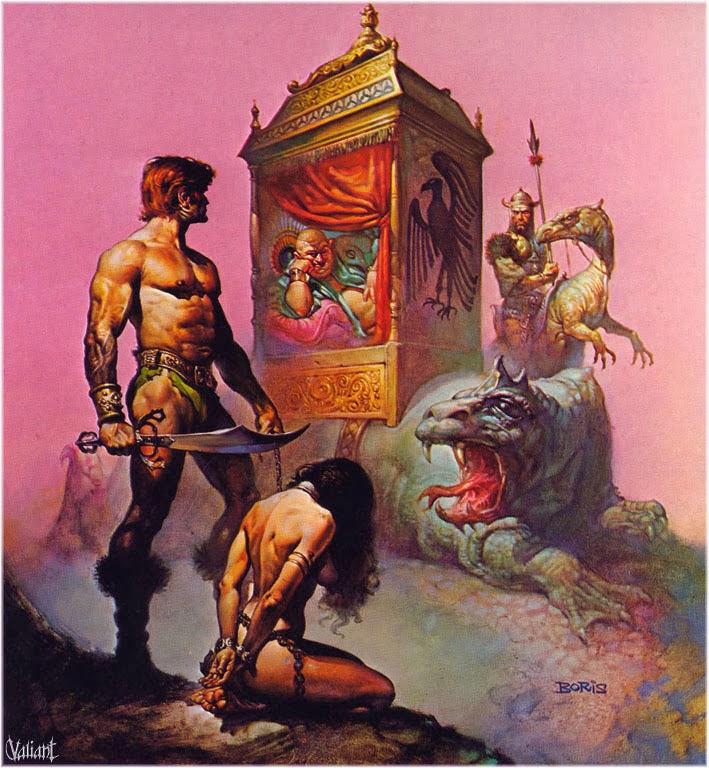Russian literature is renowned for its depth, complexity, and emotional intensity. From the iconic works of Tolstoy and Dostoevsky to the lesser-known gems of Pushkin and Gogol, Russian literature has captivated readers for centuries. However, for many, the world of Russian literature may seem daunting and intimidating. With a plethora of names, titles, and themes, it's easy to feel overwhelmed. But fear not, this beginner's guide to Russian literature will demystify the genre and provide you with everything you need to know to dive into the world of Russian novels.
The Roots of Russian Literature: A Brief History
Russian literature has a rich and fascinating history that dates back centuries. Its origins can be traced back to the medieval era, with the emergence of oral epics and folk tales that were passed down through generations. These stories, often rooted in folklore and mythology, provided the foundation for the development of Russian literary traditions. One of the key turning points in the history of Russian literature came in the 19th century with the rise of the great Russian novel. This period saw the emergence of literary giants such as Fyodor Dostoevsky and Leo Tolstoy, whose works explored the complexities of the human psyche and the social and political issues of their time. Their novels, such as "Crime and Punishment" and "War and Peace," continue to captivate readers with their profound insights into the human condition. In the 20th century, Russian literature continued to evolve and diversify. Writers like Vladimir Nabokov, Aleksandr Solzhenitsyn, and Mikhail Bulgakov pushed the boundaries of the genre, experimenting with narrative structure and delving into themes of censorship, totalitarianism, and the struggle for personal freedom. Their works, such as "Lolita," "One Day in the Life of Ivan Denisovich," and "The Master and Margarita," are considered modern classics. What sets Russian literature apart is its ability to convey a unique sense of beauty and sadness. It captures the depth of human emotion and explores the complexities of the human condition with unparalleled depth and nuance. From epic historical sagas to intimate character studies, Russian literature offers a profound and unforgettable reading experience. By understanding the roots of Russian literature, we gain insight into the cultural and historical context that shaped its development.
Diving into the Classics: Must-Read Russian Authors and their Masterpieces
Russian literature is home to some of the most iconic and timeless works in literary history. To truly understand the genre, it's essential to explore the works of the must-read Russian authors and their masterpieces. Leo Tolstoy's "War and Peace" is perhaps one of the most famous novels in the world. Set against the backdrop of the Napoleonic invasion, this sweeping epic tells the intertwined stories of a diverse cast of characters and explores themes of love, war, and the meaning of life. Its sprawling narrative and intricate character development make it a must-read for anyone delving into Russian literature. Another essential read is Fyodor Dostoevsky's "Crime and Punishment." This psychological masterpiece delves into the mind of protagonist Raskolnikov as he grapples with guilt and moral redemption after committing a heinous crime. Dostoevsky's exploration of human psychology and his ability to dissect the depths of the human soul make this book a cornerstone of Russian literature. For a more surreal and satirical experience, Mikhail Bulgakov's "The Master and Margarita" is a must-read. This fantastical novel weaves together multiple storylines, including the devil's visit to Moscow and the tale of Pontius Pilate. With its dark humor and sharp critique of Soviet society, Bulgakov's masterpiece showcases the power of satire in Russian literature. These are just a few examples of the must-read Russian authors and their masterpieces. Each book offers a unique perspective on Russia's culture, history, and the human condition. By diving into these classics, you will gain a deeper understanding and appreciation for the richness and complexity of Russian literature.
Themes and Styles Unique to Russian Literature
Russian literature is known for its distinct themes and styles that set it apart from other literary traditions. One of the most prominent themes in Russian literature is the exploration of the human condition. Russian authors have a unique ability to delve deep into the complexities of human emotion, exposing the raw and often contradictory nature of human existence. From the existential musings of Fyodor Dostoevsky to the introspective character studies of Anton Chekhov, Russian literature offers a profound examination of what it means to be human. Another key theme in Russian literature is the examination of social and political issues. Throughout history, Russia has undergone numerous political and social upheavals, and these tumultuous events have had a profound impact on the country's literature. Russian authors often use their works to critique the social and political climate of their time, addressing themes such as revolution, totalitarianism, and the struggle for personal freedom. In terms of style, Russian literature is characterized by its richly detailed descriptions and psychological depth. Russian authors have a knack for creating vivid and memorable settings, immersing readers in a world that feels both familiar and foreign. Additionally, Russian literature often features complex and morally ambiguous characters who grapple with inner conflicts and dilemmas, adding layers of depth to the narrative. Furthermore, Russian literature is known for its ability to convey a sense of melancholy and sadness. The Russian word "toska" has no direct English equivalent, but could be described as a profound spiritual anguish or longing. This theme of existential longing permeates much of Russian literature, giving it a unique and poignant emotional resonance. Overall, the themes and styles unique to Russian literature make it a compelling and captivating genre. Whether you're drawn to the exploration of the human condition, the examination of social and political issues, or the evocative style and emotional depth, Russian literature offers a wealth of reading experiences that will leave a lasting impression.
Modern Russian Literature: How It Has Evolved
According to data released by the European Association for Science Fiction Studies (EASF) in 2020, about one-third of all works shortlisted for major international awards were authored or co-authored by Russians from 2010 through 2020, signifying a significant and continuing contribution to contemporary literature. Modern Russian literature has continued to evolve and diversify, reflecting the ever-changing social, political, and cultural landscape of the country. While the classics of the 19th and early 20th centuries continue to be revered, new voices have emerged, bringing fresh perspectives and exploring contemporary themes. One notable development in modern Russian literature is the rise of post-Soviet literature. After the collapse of the Soviet Union in 1991, Russian writers began to grapple with the complexities of a new era. Authors like Lyudmila Ulitskaya and Vladimir Sorokin shed light on the challenges and uncertainties faced by individuals in a post-Soviet society. Their works address themes of identity, globalization, and the clash between traditional values and modernity. In recent years, Russian literature has also seen a surge in female voices. Writers like Maria Stepanova and Guzel Yakhina have tackled issues of inequality, warfare, history, and family. Additionally, contemporary Russian literature has embraced a more experimental and diverse range of narrative styles. Authors like Victor Pelevin and Olga Tokarczuk experiment with nonlinear storytelling, magical realism, and fragmented narratives. These innovative approaches to storytelling challenge traditional literary conventions and push the boundaries of the genre. Overall, modern Russian literature reflects the complexities and contradictions of contemporary Russian society. It explores themes such as identity, social inequality, and the search for meaning in a rapidly changing world. By delving into modern Russian literature, readers can gain a deeper understanding of the issues and concerns that shape the lives of individuals in today's Russia. Whether you're a fan of the classics or seeking something more contemporary, Russian literature offers a diverse and vibrant landscape to explore.
Beginner’s Recommendations: Where To Start With Russian Literature
If you're new to Russian literature, figuring out where to start can feel overwhelming. With so many iconic authors and timeless masterpieces to choose from, it's easy to feel a bit lost. But fear not! I've got you covered with some beginner's recommendations to help you dip your toes into the world of Russian literature. First, it's essential to start with the classics. Leo Tolstoy's "War and Peace" is a must-read. Despite its daunting size, this sweeping epic is a literary masterpiece that delves into the complexities of love, war, and the meaning of life. It's a perfect introduction to the depth and richness of Russian literature. Next, make sure to pick up Fyodor Dostoevsky's "Crime and Punishment." This psychological thriller explores the dark recesses of the human mind as its protagonist grapples with guilt and moral redemption. Dostoevsky's powerful exploration of human psychology will leave you captivated and eager for more. If you're looking for something more surreal and satirical, give Mikhail Bulgakov's "The Master and Margarita" a try. This fantastical novel weaves together multiple storylines and offers a darkly humorous critique of Soviet society. It's a modern classic that showcases the power of satire in Russian literature. These three books provide an excellent starting point for anyone new to Russian literature. They capture the themes, styles, and depth that make this genre so captivating. By exploring these classics, you'll gain a deeper understanding of Russian culture, history, and the human condition. So, grab a cup of tea, settle in, and get ready to embark on an unforgettable literary journey.



